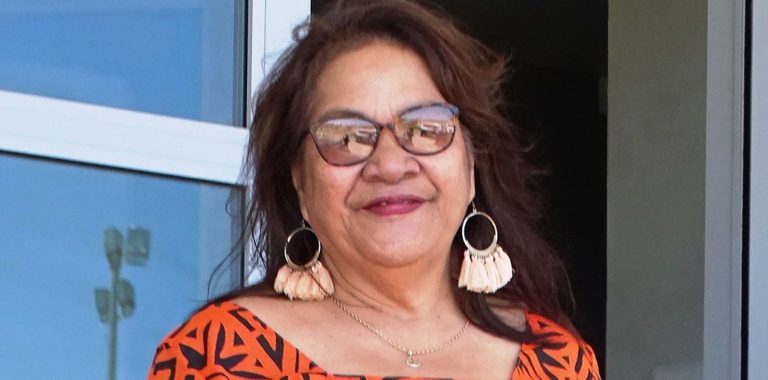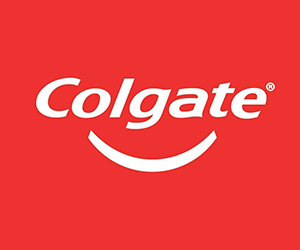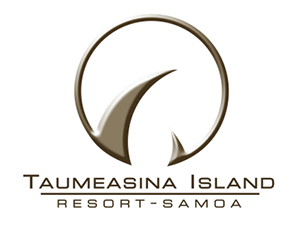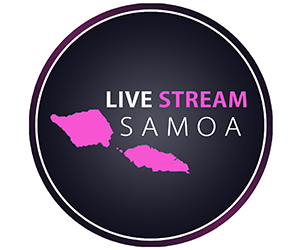Latest
Starlink, not a Threat to Samoa’s National Security, says Regulator

By Lagi Keresoma/
Apia, SAMOA – 07 March 2024 – The Regulator, Lematua Gisa Fuatai has dismissed concerns raised that Starlink IT connections is a threat to Samoa’s national security.
The concerns resulted in an order signed and issued by the Acting Regulator, Venus Salanoa in December 2023 while the Regulators position was being advertised.
The Order was directed at locals with Starlink dishes informing them of the penalties against them should they continue to use such service without proper documentation and approved certification from the Office of the regulator (OOTR).
Lematua was reappointed as Regulator last month and has assured that there is no threat to Samoa’s national security with digital telecommunications being accessed using Starlink equipment locally.
Starlink is a product of SpaceX , a satellite communications company owned by billionaire Elon Musk who provided satellite communications to restore internet connections when the volcanic eruption cut undersea submarine cables and communications to Tonga in 2022.
Lematua said in the Telecommunications Act 2005, satellites are one of the wireless systems that drive the wireless communication services in Samoa.
“The satellite communication is the way forward in terms of bridging the digital divide, in particular for schools and health centres in rural and remote communities,” she said.
She also clarified that there are frequencies already earmarked in the spectrum for satellite communications and Starlink is already available on a wide scale in New Zealand.
Local interest in Starlink
The Regulator confirmed that as of last year, there were locals who enquired if their families in New Zealand can bring and install Starlink units in Samoa.
“I had not yet approved Starlink dishes, but people did enquire and I explained to them the process they should follow,” she said.
“At the time, SpaceX, had not sent any Starlink dishes to be typed “approved” so they could get an “approved: certificate and allow Starlink dishes to be sold in Samoa,” she said.
The Regulator said for anyone who wishes to bring a Starlink dish to Samoa, they must take it immediately to OOTR with all the documents to be “approved” and get an approved certificate.
Space X should send a Starlink Unit to type the word “Approved” on it, depending that their Units meet Samoa’s standards and also the international standards approved by the International Telecommunications Union (ITU).
Lematua also clarified that Starlink products are no different from mobile, laptops and equipment that use frequencies and spectrum sent by manufacturers to the Regulator’s office to be “Approved” before issuing a Certificate of Approval to the manufacturers.
If a product does not meet Samoa standards, the office of the Regulator would liaise further with the manufacturer to provide all necessary information.
“Without a Certificate of Approval from OOTR, the products cannot be sold in Samoa,” she explained.
She said the same process was done when the Kacific Satellite Company brought in VSAT dishes for use in Samoa.
The dishes were typed “approved” and were used in the school net project. The Regulator further clarified that only Starlink has the option to provide unlimited data.
Lematua has over 30 years of experience in Telecommunications, Information & Communications Technology (ICT) development at the national, regional, and international levels.
She is highly qualified to occupy the Regulator’s position and previously was the Division/Project Manager-International Telecommunication Organization (ITC) in Geneva, Switzerland from 2009-2016.
She served as the Regional Adviser for the South Pacific Commonwealth Telecommunications Organization based in London, UK from 2016-2018 and is currently the Director-ITC Development of the Commonwealth Telecommunications Organization (UK).
Lematua has been reappointed for another three years as the Regulator.



















